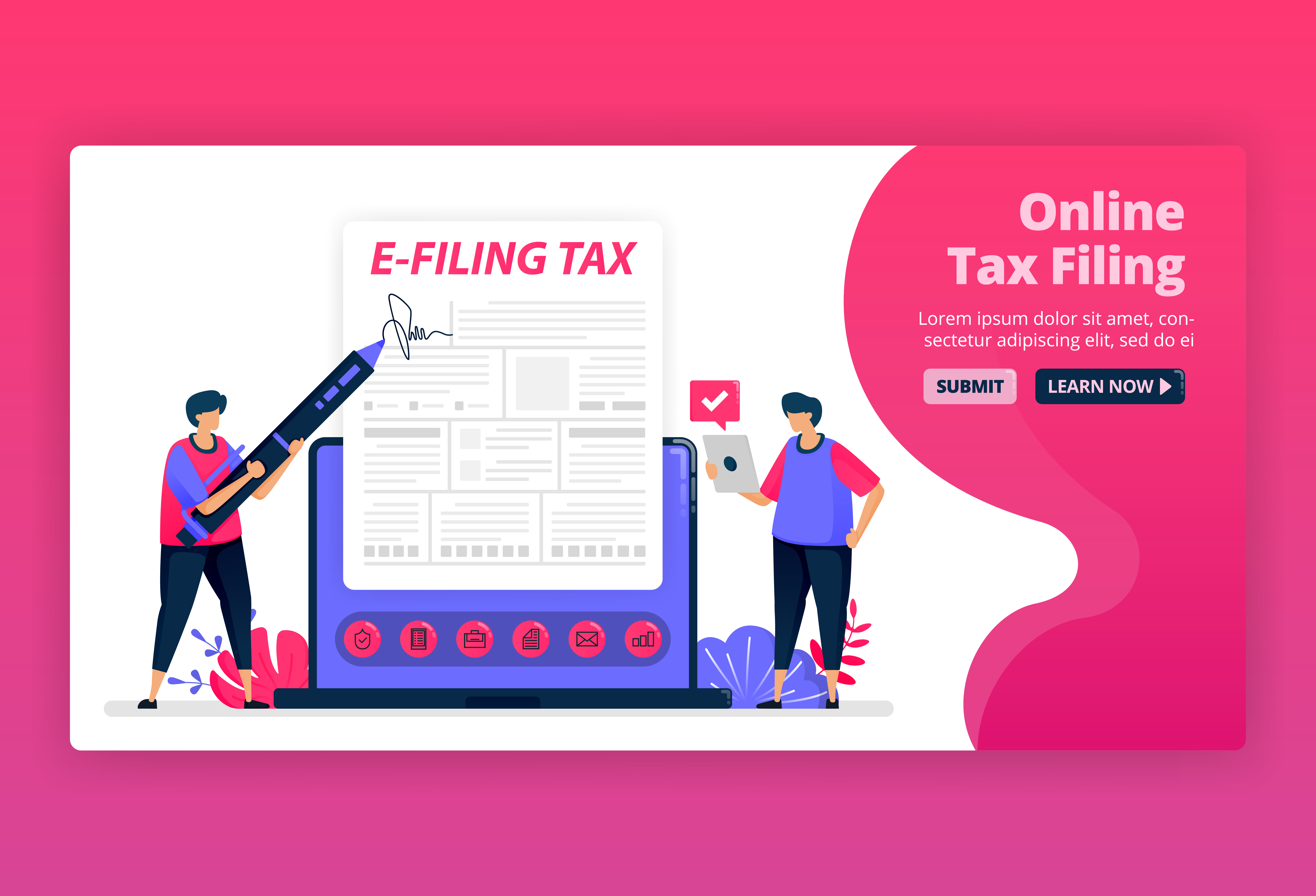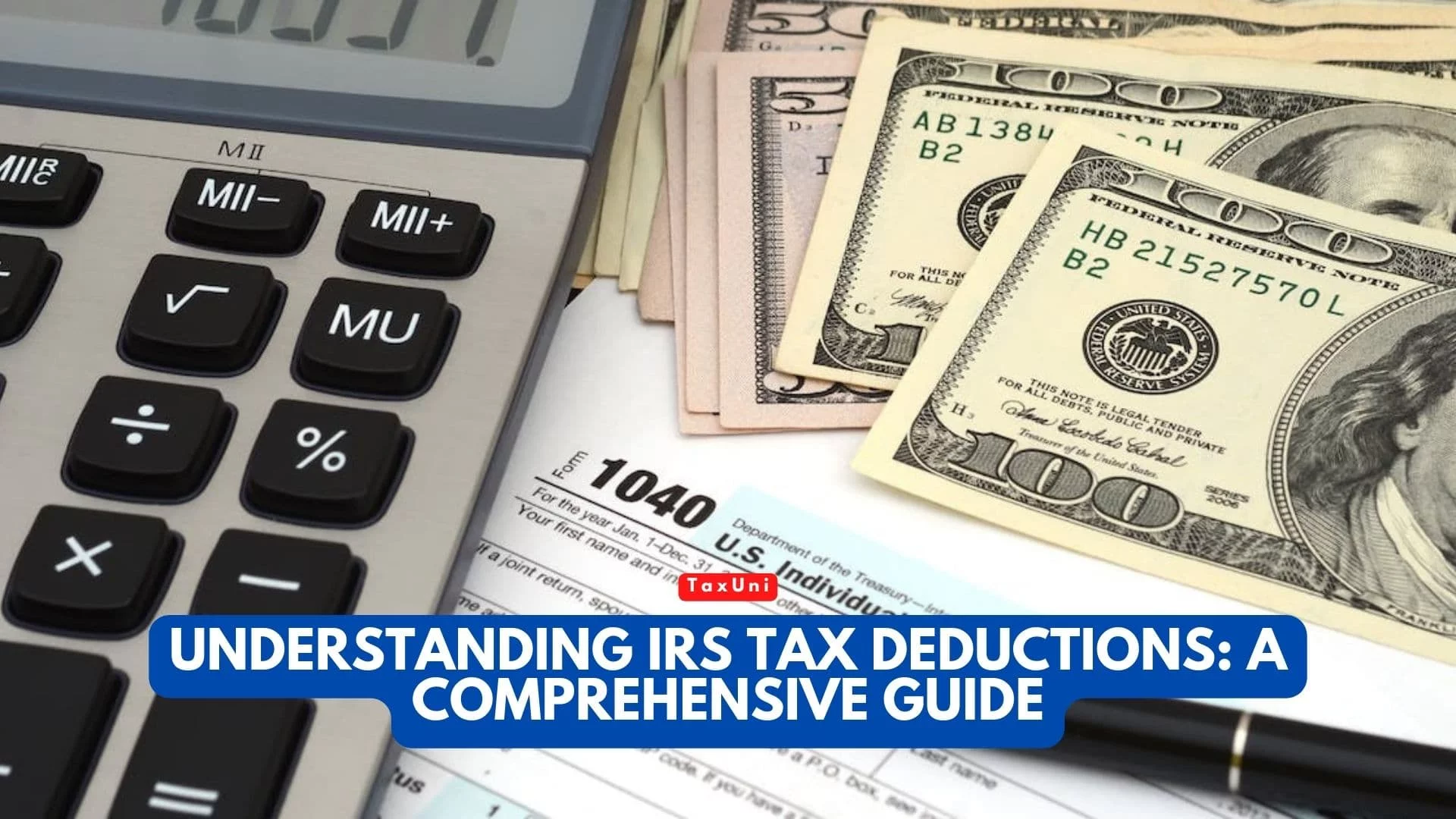As the world becomes increasingly digital, the Internal Revenue Service (IRS) has introduced new regulations to address the taxation of digital income. These rules are designed to ensure that all income, whether earned online or offline, is appropriately taxed. If you're involved in earning digital income, it's crucial to understand these regulations to avoid penalties and ensure compliance.
The rise of the gig economy and remote work has transformed how people earn money. From freelance work to online sales, digital income now plays a significant role in many individuals' financial portfolios. However, with this shift comes the responsibility to report and pay taxes accurately.
This guide aims to provide a thorough understanding of the IRS digital income tax rule, covering everything from basic definitions to advanced compliance strategies. Whether you're a beginner or an experienced entrepreneur, this article will equip you with the knowledge needed to navigate the complexities of digital income taxation.
Read also:Lawrence Wong Actor
Table of Contents
- Introduction to IRS Digital Income Tax Rule
- What is Digital Income?
- IRS Definitions of Digital Income
- Tax Implications of Digital Income
- Reporting Requirements for Digital Income
- Common Mistakes to Avoid
- Strategies for Compliance
- Penalties for Non-Compliance
- Resources and Support for Taxpayers
- Future Trends in Digital Income Taxation
Introduction to IRS Digital Income Tax Rule
The IRS digital income tax rule represents a critical update to the United States tax code. This rule was created to address the growing prevalence of online earnings and ensure that all forms of income are taxed fairly. For individuals and businesses earning money through digital platforms, understanding these regulations is essential.
Why Understanding the Rule is Important
Understanding the IRS digital income tax rule is not just about compliance; it's about safeguarding your financial future. Misunderstanding or ignoring these regulations can lead to severe penalties, including fines and legal action. By staying informed, you can make better financial decisions and avoid unnecessary complications.
In this section, we'll explore the basics of the rule, including its purpose, scope, and key components. This foundational knowledge will set the stage for a deeper dive into the specifics of digital income taxation.
What is Digital Income?
Digital income refers to any earnings generated through digital platforms or online activities. This can include a wide range of activities, from selling goods on e-commerce platforms to providing services through freelance websites. The IRS has specific definitions for what constitutes digital income, which we'll explore in the next section.
Examples of Digital Income
- Earnings from freelance work on platforms like Upwork or Fiverr
- Revenue from online sales on platforms like Etsy or eBay
- Income from digital advertising or affiliate marketing
- Earnings from creating and selling digital products, such as e-books or courses
By understanding the various forms of digital income, you can better assess your tax obligations and plan accordingly.
IRS Definitions of Digital Income
The IRS provides clear definitions of what constitutes digital income. These definitions are crucial for determining which activities fall under the digital income tax rule and how they should be reported.
Read also:Rahul Kohli Movies And Tv Shows A Complete Guide To His Career
Key Definitions
According to the IRS, digital income includes:
- Income earned through digital platforms
- Earnings from the sale of digital goods and services
- Revenue generated from online advertising and affiliate marketing
These definitions are designed to encompass a broad range of activities, ensuring that all forms of digital income are appropriately taxed.
Tax Implications of Digital Income
The tax implications of digital income can vary depending on the nature of the earnings and the individual's tax situation. It's important to understand how these implications affect your overall tax liability.
Key Tax Considerations
Some key tax considerations for digital income include:
- Self-employment taxes for freelancers and independent contractors
- State and local taxes that may apply to digital income
- International tax implications for individuals earning income from overseas sources
By addressing these considerations, you can ensure that your tax filings are accurate and compliant.
Reporting Requirements for Digital Income
Reporting digital income to the IRS involves specific requirements that must be followed to ensure compliance. These requirements include the use of specific forms and the timely submission of tax returns.
Forms and Deadlines
The primary forms used for reporting digital income include:
- Form 1040 for individual tax returns
- Schedule C for self-employment income
- Form 1099-NEC for non-employee compensation
It's crucial to adhere to the deadlines for submitting these forms to avoid penalties.
Common Mistakes to Avoid
When dealing with digital income taxation, there are several common mistakes that individuals and businesses should avoid. These mistakes can lead to penalties and increased scrutiny from the IRS.
Examples of Common Mistakes
- Failing to report all sources of digital income
- Incorrectly categorizing income types
- Missing deadlines for tax filings and payments
By being aware of these potential pitfalls, you can take steps to avoid them and ensure a smoother tax filing process.
Strategies for Compliance
Compliance with the IRS digital income tax rule requires a strategic approach. This involves implementing best practices and utilizing available resources to ensure accuracy and efficiency in tax reporting.
Best Practices for Compliance
Some effective strategies for compliance include:
- Maintaining detailed records of all digital income and expenses
- Consulting with a tax professional to address complex issues
- Utilizing tax software to streamline the filing process
These strategies can help you stay organized and compliant throughout the tax year.
Penalties for Non-Compliance
Failing to comply with the IRS digital income tax rule can result in significant penalties. These penalties are designed to encourage timely and accurate reporting of all income.
Types of Penalties
Penalties for non-compliance may include:
- Fines for late or incomplete tax filings
- Interest charges on unpaid taxes
- Legal action in severe cases of non-compliance
Understanding these penalties can motivate individuals to prioritize compliance and avoid potential consequences.
Resources and Support for Taxpayers
The IRS provides various resources and support options to assist taxpayers in understanding and complying with the digital income tax rule. These resources can be invaluable for navigating the complexities of digital income taxation.
Available Resources
Some key resources include:
- IRS publications and guides on digital income taxation
- Online webinars and workshops for taxpayers
- Access to tax professionals and advisors
By leveraging these resources, you can enhance your understanding and improve your compliance efforts.
Future Trends in Digital Income Taxation
As technology continues to evolve, so too will the landscape of digital income taxation. Staying informed about future trends can help you prepare for upcoming changes and adjustments to the IRS digital income tax rule.
Emerging Trends
Some emerging trends in digital income taxation include:
- Increased use of blockchain technology for tax reporting
- Expansion of international tax agreements to address cross-border income
- Enhanced data analytics for detecting tax evasion
By keeping an eye on these trends, you can stay ahead of the curve and adapt to new regulations as they arise.
Kesimpulan
In conclusion, understanding the IRS digital income tax rule is essential for anyone earning income through digital platforms. By familiarizing yourself with the definitions, implications, and reporting requirements of digital income, you can ensure compliance and avoid potential penalties.
We encourage you to take action by reviewing your tax records, consulting with a tax professional, and utilizing available resources to enhance your understanding. Additionally, feel free to share this article with others who may benefit from the information provided. Together, we can promote a culture of tax compliance and financial responsibility.


